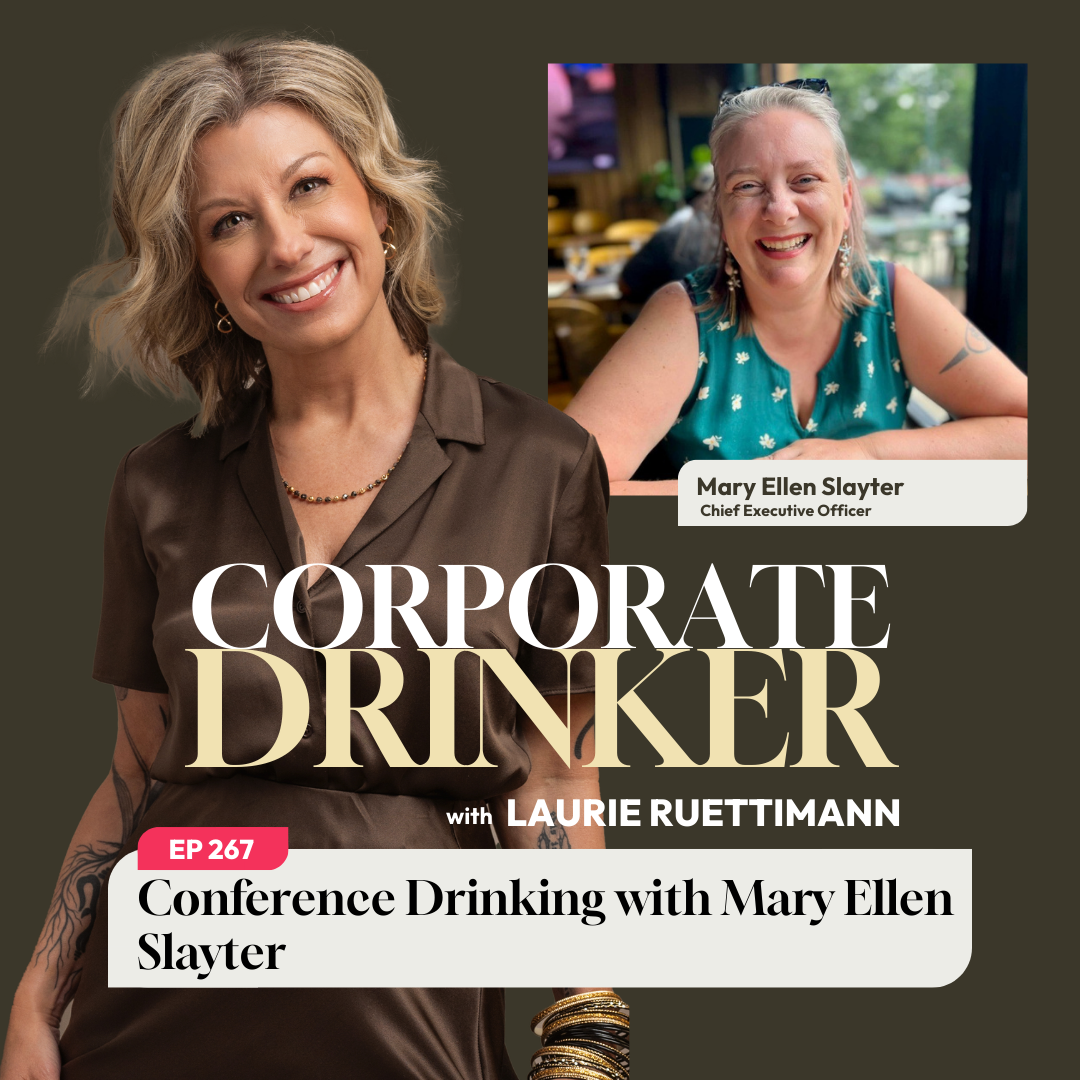
Work events and gatherings have long been a mainstay of corporate culture. They allow colleagues to interact outside the formal work environment, forge relationships, and celebrate achievements. However, it’s critical to be aware of the potential pitfalls of these events, particularly around the gender dynamics and the role of alcohol.
The Role of Alcohol in Corporate Events
At many corporate events, alcohol is a staple. For some, it’s a way to relax and connect with colleagues in a more informal setting. However, it’s essential to be aware of the potential issues that can arise from this.
For instance, it’s not uncommon for individuals who don’t drink – for a multitude of reasons, such as pregnancy, personal choice, or recovery from addiction – to find themselves having to explain their decision to abstain from alcohol. This can lead to uncomfortable situations and potential exclusion.
Moreover, the boundaries between professional and social dynamics can often blur at these events, particularly when alcohol is involved. This can create uncomfortable situations, especially when gender dynamics come into play.
Gender Dynamics at Corporate Events
Work events are not immune to the gender dynamics that permeate society. Women, in particular, may face unique challenges at these events. The prevalence of alcohol at corporate events can exacerbate these issues, leading to awkward conversations and potentially compromising situations.
For instance, a woman choosing not to drink alcohol at a work event may face undue scrutiny or questions about her choice, particularly if she’s pregnant and not ready to share the news. Even if unintended, this behavior can lead to feelings of exclusion and discomfort.
Fostering Inclusivity at Corporate Gatherings
In light of these issues, organizations must prioritize inclusivity at corporate events. This means considering dietary restrictions, ensuring accessibility for all attendees, and providing non-alcoholic drink options.
When planning events, organizers should make sure that there are food and drink options that cater to all dietary preferences and restrictions. This includes providing vegetarian and gluten-free options and non-alcoholic drinks that are as enjoyable as their alcoholic counterparts.
Accessibility is another crucial aspect of inclusivity. Organizers should ensure that all attendees, regardless of physical abilities, can easily access and participate in the event. This includes considering factors such as venue layout, transportation, and signage.
Rethinking Alcohol’s Role in the Corporate World
While alcohol has traditionally played a significant role in corporate events, it’s worth rethinking this relationship. This doesn’t mean altogether banning alcohol from corporate events. Instead, it’s about providing a balanced and inclusive environment where everyone feels comfortable and included, regardless of whether they choose to drink.
Moreover, it’s about avoiding the assumption that socializing and bonding with colleagues must involve alcohol. There are numerous other ways to foster camaraderie and team spirit that don’t involve drinking, such as team-building activities, workshops, and wellness events.
Work events can be a great way to foster camaraderie and strengthen professional relationships. However, it’s important to navigate these events with care, particularly when it comes to issues around gender dynamics and alcohol. By promoting inclusivity and rethinking the role of alcohol, organizations can create enjoyable and welcoming events for all attendees.
If you want to learn more about Corporate Drinker, check out laurieruettimann.com/corporate-drinker-267.